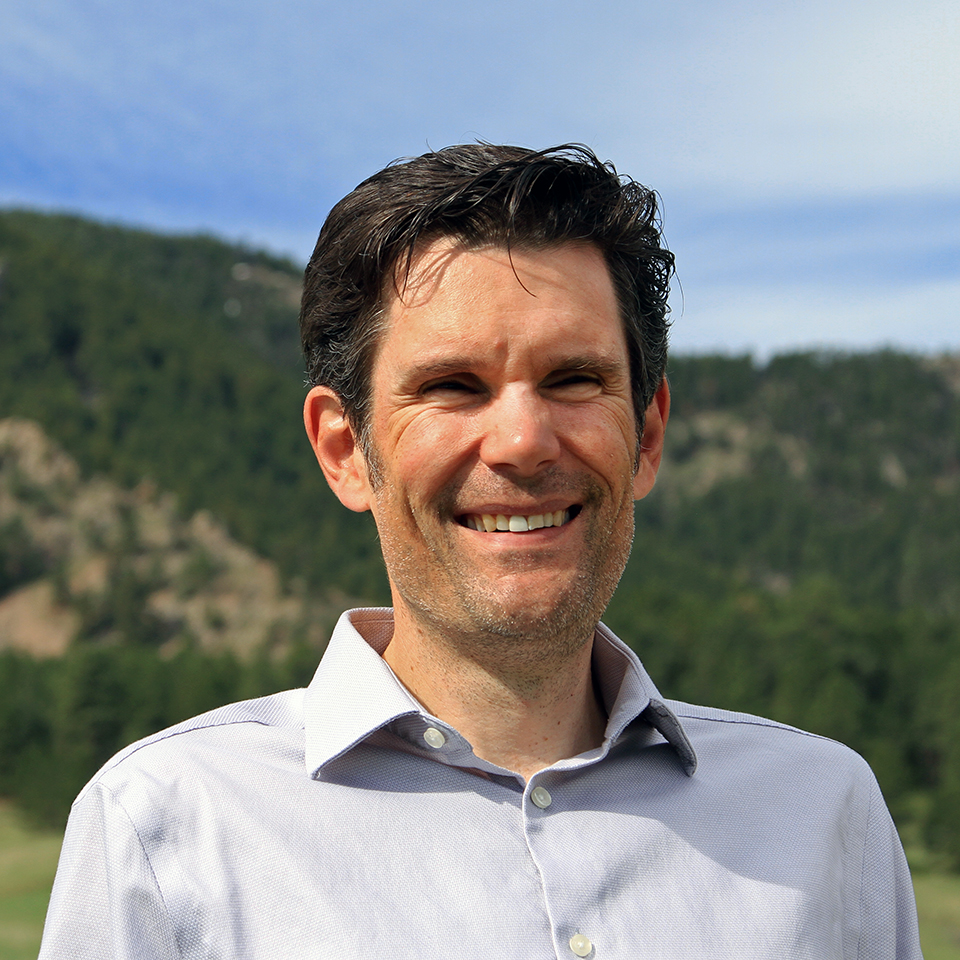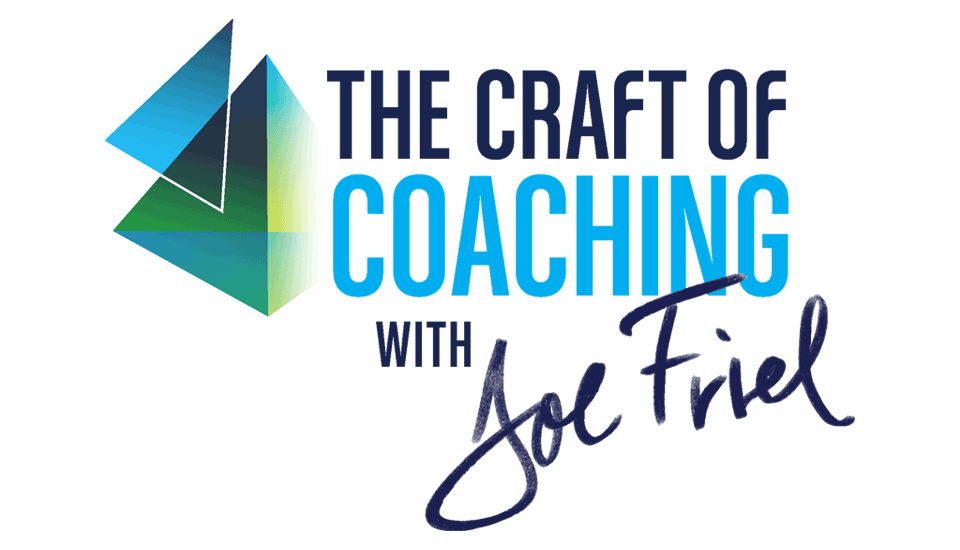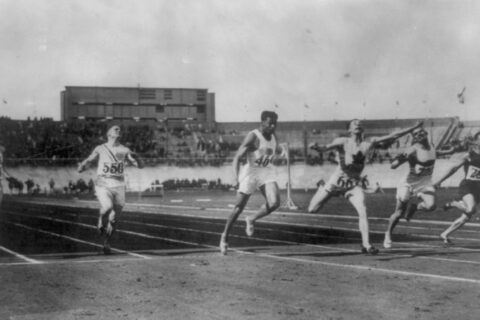Trevor Connor has over 20 years of experience in bike racing and coaching. His love of cycling led him to work in national performance centers, collegiate cycling, team management, and to write for a major cycling magazine. He has a master’s in exercise bioenergetics and nutrition.
Trevor Connor has over 20 years of experience in bike racing and coaching. His love of cycling led him to work in national performance centers, collegiate cycling, team management, and to write for a major cycling magazine. He has a master’s in exercise bioenergetics and nutrition.





